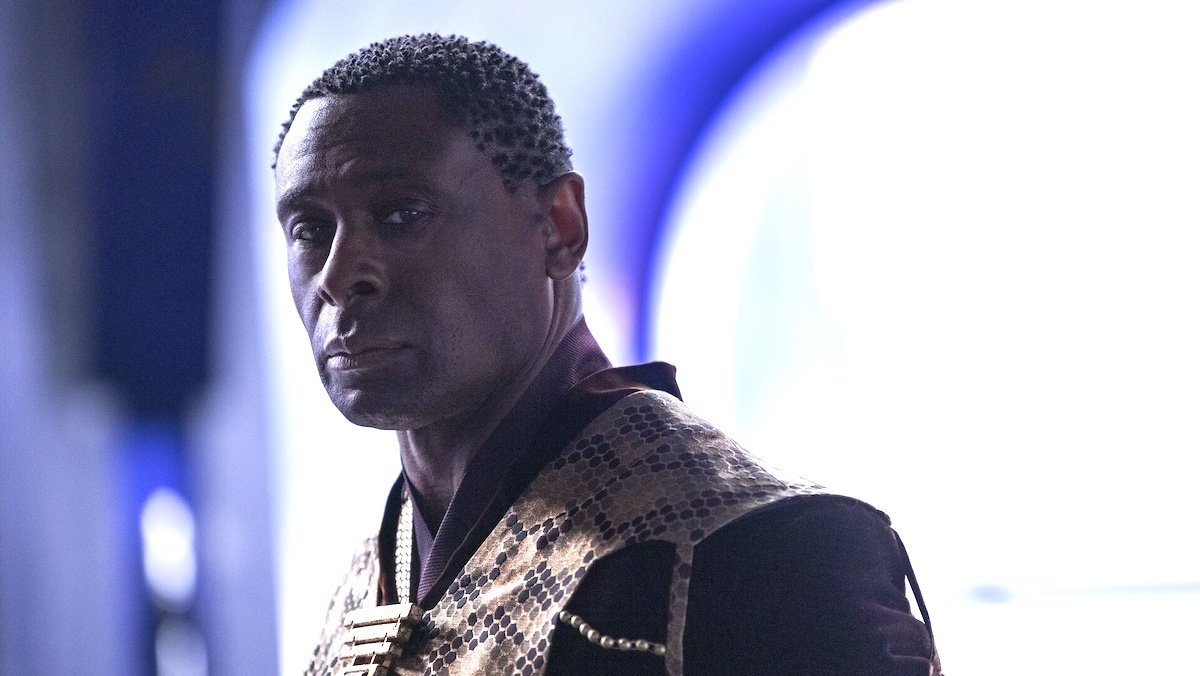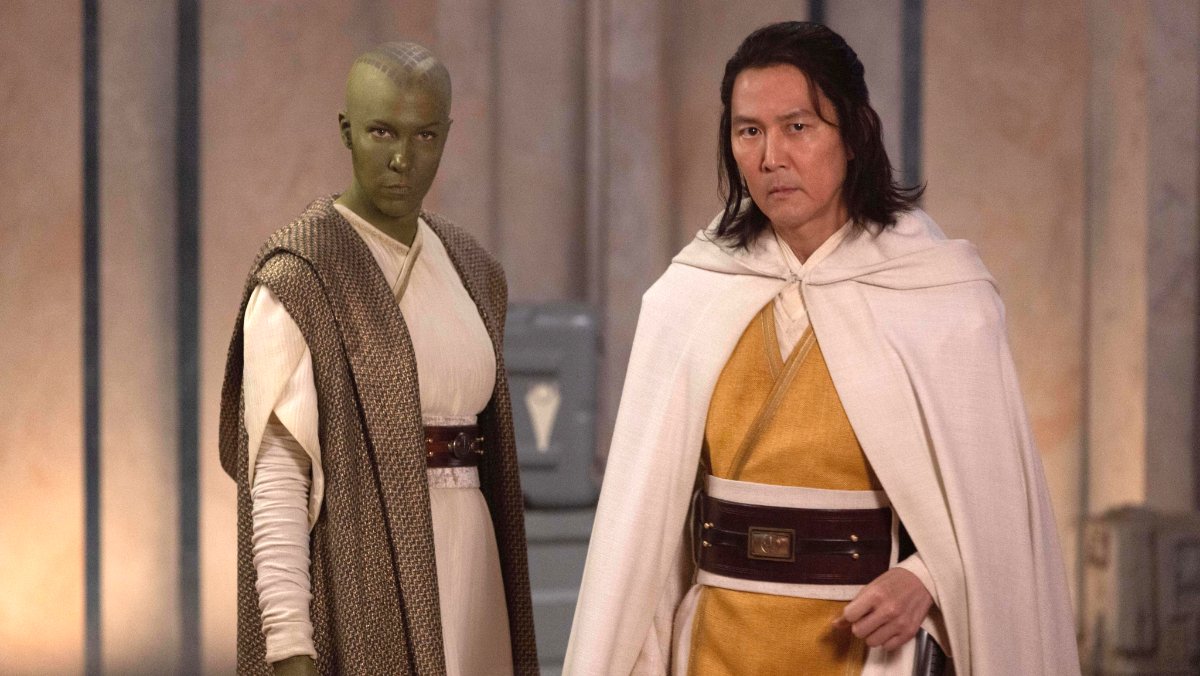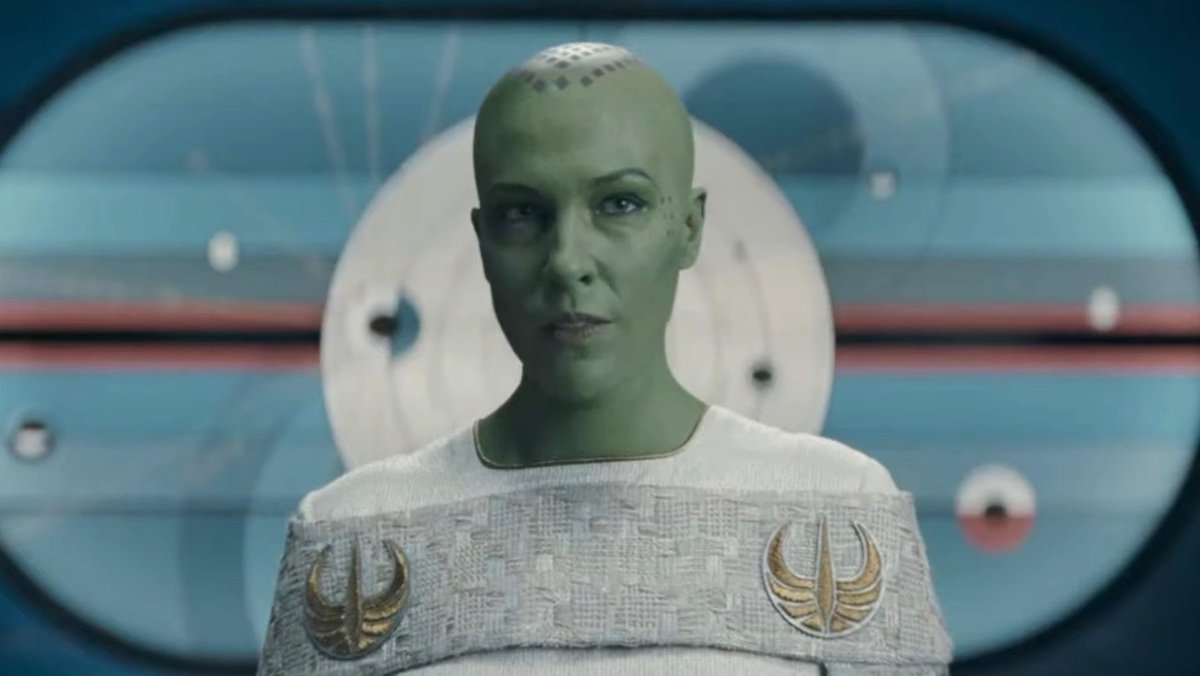The Acolyte takes place during the High Republic Era, the “ golden age of the Jedi Order.” Star Wars fans know that time period is followed by total darkness. A century later, the Sith will emerge from the shadows, slaughter their ancient enemy, and rule the galaxy far, far away. Jedi hubris during the Clone Wars will help make their downfall possible. But now, we’ve seen firsthand how the Order could have avoided their own destruction long before Sheev Palpatine even become a Sith apprentice. The Acolyte‘s Senator Rayencourt saw something the Jedi couldn’t: their own flaws. And if they had accepted the kind of oversight we know the Order so desperately needed, its golden era might have never ended.

Master Vernestra spent season one of The Acolyte trying to hide a terrible truth from the Galactic Senate. She did not want any outsiders—even the elected officials whom the Jedi were supposed to answer to—to learn about the murder of their own kind by an unauthorized Force user trained by a former Jedi Padawan. Vernesra and her colleagues didn’t even tell their own High Council what was happening, because the Jedi governing body made up of the wisest, most experiences Masters reported directly to the Senate.
Before Vernestra went to Brendok and learned the truth about what happened there, she spoke with the Order’s biggest critic, Senator Rayencourt. His name came up during the season because he was hoping the Galactic Senate would order an independent, external investigation into the Jedi. In his confrontational meeting with Vernestra he laid out his honest, unvarnished reason for questioning the Jedi.

“I think the Jedi are a massive system of unchecked power, posing as a religion, a delusional cult that claims to control the uncontrollable,” he said. When Vernestra responded (without challenging anything else he said) she told him the Jedi don’t control the Force. That wasn’t what he meant. “Not the Force. Your emotions,” he said. “You project an image of goodness and restraint, but it’s only a matter of time before one of you you snaps. And when, not ‘if’ that happens, who will be strong enough to stop him?”
The specter of Anakin Skywalker hung over the entire scene. Everything Rayencourt said will happen. Anakin will be unable to control the very emotions the Jedi failed to teach him to command. His lack of restraint over fear, pain, and sadness, will overcome his goodness and he will snap. No one will be able to stop him when he does. Many will die. The Jedi will fall. Darkness will consume the entire galaxy.

Rayencourt could see that tragic fate coming even if the rest of the Senate could not. “The majority of my colleagues cannot imagine a galaxy without the Jedi, and I can understand why,” he said. “When you’re looking up to heroes you don’t have to face what’s right in front of you.” He’s right, and not just about the people who put their faith in the Jedi. It will be true of the Jedi themselves.
They will be so sure of their position, held for millennia, they will not see what’s right in front of them. Rather then serve as guardians of peace and justice for all, they will foolishly serve as generals in a war secretly led by a Sith Lord. Their unquestioned belief in their own abilities, in their own goodness, and in their own heroism will lead to their own fall. They will put themselves on a pedestal and never question why they’re up there. From their perch, lies will sound good. Wars will be justified. And a Sith will operate in the shadow they create.

It didn’t have to be that way and it shouldn’t have been. Rayencourt’s review could have brought to light the obvious issues with the Jedi Order, both the danger of its beliefs and its position in the galaxy. Unchecked power, even for those with “noble intentions,” will ultimately lead you astray. Especially when it requires you to deny the very thing that connects you to others: your emotions. Putting yourself above anyone will blind you to your own flaws. The longer those flaws go untreated the larger they grow and the more vulnerable you become.
The Jedi ruled for thousands of years, unaware their own shortcomings were getting larger with every generation. Eventually they stretched themselves so thin the Sith saw a chance to capitalize. And they were able to do so manipulating the very Senate the Jedi had kept in the dark.
Master Vernestra told terrible lies unbecoming a Jedi for what she thinks is a greater cause. She believes the Jedi, and only the Jedi, know what is best for themselves, and by extension the whole galaxy. Because Vernestra believed that she wanted to protect herself and her Order from the prying eyes of outsiders. If only she’d been willing to hear some hard truths she might have done just that.
Mikey Walsh is a staff writer at Nerdist who spent decades waiting for Darth Plagueis to show up. You can follow him on Twitter and Bluesky at @burgermike. And also anywhere someone is ranking the Targaryen kings.